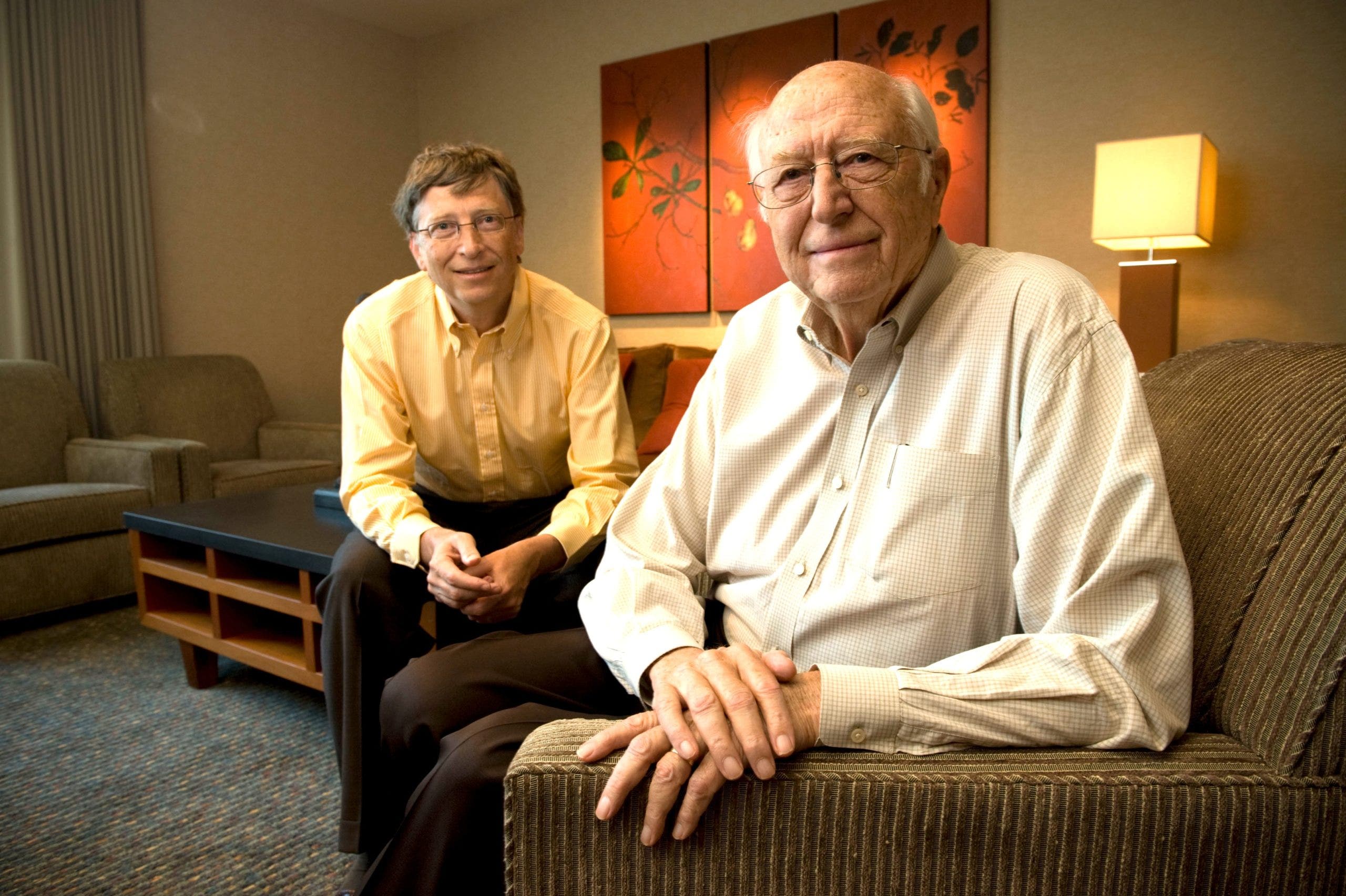Bill Gates shares hope for Alzheimer’s progress after father’s battle

Bill Gates Shares Personal Experience with Alzheimer’s and Hope for Progress
Bill Gates, the Microsoft co-founder and tech billionaire, recently opened up about his personal experience with Alzheimer’s in a heartfelt essay published on his blog at GatesNotes.com. Reflecting on the difficulty of spending another Father’s Day without his dad, Bill Gates Sr., who passed away in 2020 at the age of 94 after battling Alzheimer’s, Gates shared the pain of watching his father deteriorate.
“It was a brutal experience, watching my brilliant, loving father go downhill and disappear,” Gates wrote in the blog post. Motivated by his own experience with the devastating disease, Gates is now committed to working towards a cure for Alzheimer’s, which currently affects more than seven million Americans, or one in nine people over 65.
Gates expressed optimism about the “massive progress” being made in the fight against Alzheimer’s and other dementias. Last year, he visited Indiana University’s School of Medicine in Indianapolis to see the labs where teams have been researching Alzheimer’s biomarkers and new automated machines that will soon be running diagnostics worldwide.
One of the most significant breakthroughs in Alzheimer’s research, according to Gates, is blood-based diagnostic tests that detect the ratio of amyloid plaques in the brain, a hallmark of the disease. Gates believes that these tests will be a game-changer in early detection and treatment.
Last month, the FDA approved the first blood-based test for patients 55 years and older, marking a significant step forward in Alzheimer’s research. Gates is hopeful that these tests will make routine screening possible and help identify patients long before they experience cognitive decline.
Gates also highlighted the FDA approval of two drugs, Lecanemab (Leqembi) and Donanemab (Kisunla), which have shown promise in slowing down the progression of Alzheimer’s. When paired with early diagnostics, these drugs could be even more effective in treating the disease.
In order to accelerate research and development in the fight against Alzheimer’s, Gates is calling for increased funding and support for clinical trials. He emphasized the importance of deepening our understanding of the disease’s pathology and developing better diagnostics to continue making progress.
Despite the challenges, Gates is filled with hope for the future of Alzheimer’s treatment. He pointed out that the advancements in research and technology have brought us closer than ever before to a world where no one has to watch their loved ones suffer from this devastating disease.
As we continue to make strides in Alzheimer’s research, Gates remains optimistic about the potential for a breakthrough in the near future. With increased funding and support, he believes that we can make significant progress in the fight against Alzheimer’s and ultimately find a cure.




